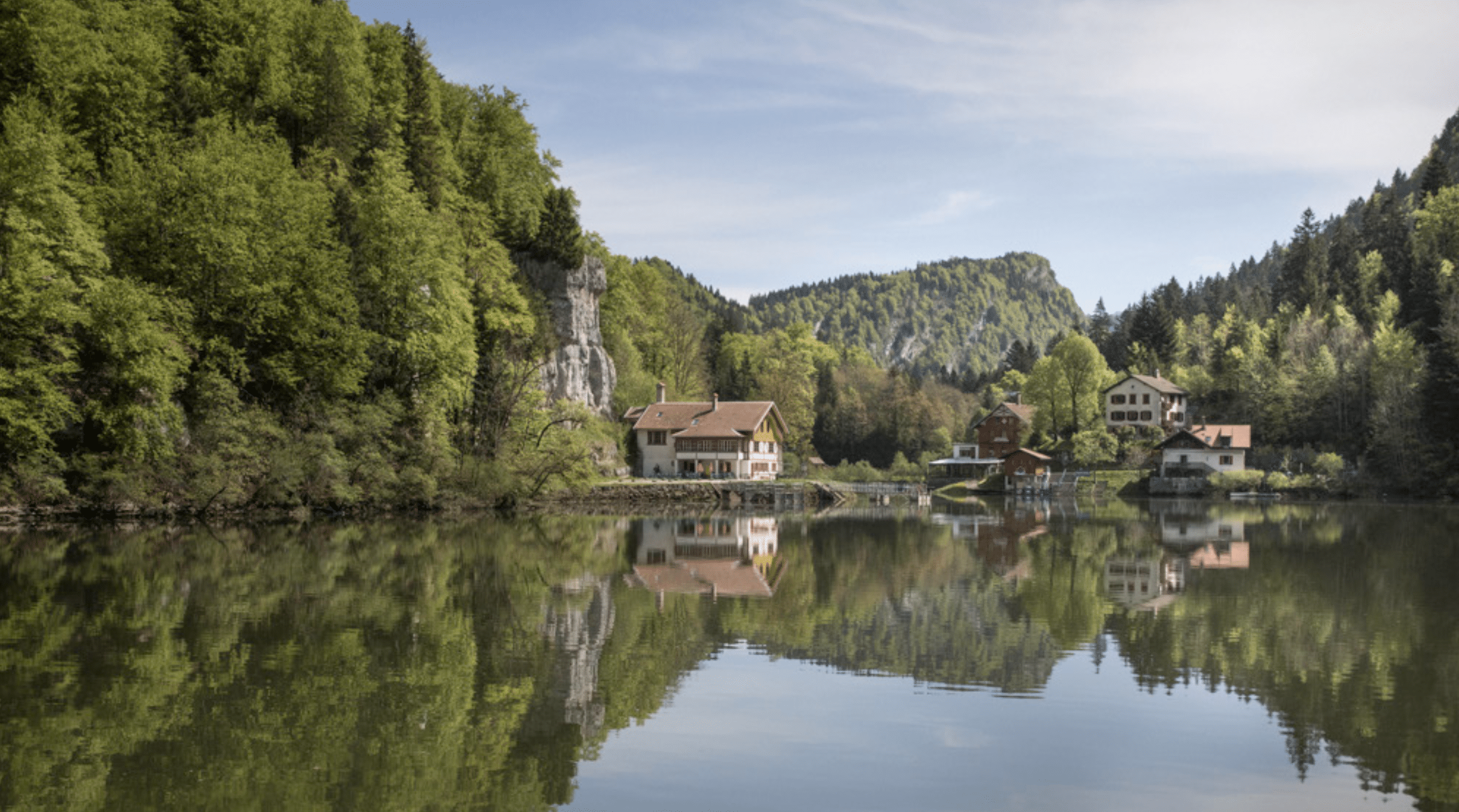Editor’s note: This article was first published in the print edition of The Luxury Journals by Luxus+ issue. Click here to view the full issue.
The French watch industry is unfortunately not as successful as it deserves to be. The know-how is there, but what is missing is to make it known.
It is certain that France is full of talent to create and produce wonderful products. If they lack notoriety, many patents since the beginning of watchmaking are French.
It is also enough to visit large Swiss factories to meet French bosses and many highly skilled watchmakers from the border. However, the attractiveness of the industry in Switzerland remains unmatched.
In the 1990s, the disappearance of the France Ebauches factory sounded the death knell for the manufacture in France of watch movements, the key component of a watch, and more specifically the balance spring, the small spring that regulates the balance wheel.
This did not prevent UNESCO from announcing in 2020 that it would include the watchmaking know-how and mechanical art of the Franco-Swiss Jura Arc in the intangible cultural heritage of humanity.
Should we see a correlation with the growing number of watchmakers who are taking the «crazy gamble» of creating 100% French watches? This is the case, for example, of the company Pierre Lannier.
On the other hand, the Aiôn group, which was carrying out a project to reindustrialize watchmaking in France, has announced that it will cease its activities due to «great difficulties in raising the expected funds» in 2022. The group had indeed chosen to relocate to the south of France, after having failed initially in its application to the Bourgogne-Franche-Comté region with the State and Bpifrance to support it.
At the same time, the National Agency for Territorial Cohesion (ANCT) decided in 2022 to conduct a study on the French watchmaking sector in the Doubs department. The objective? To analyze the prospects and ambitions for innovation, «with a view to relocating and enhancing the value chain of the watchmaking industry in the department».
More generally, the creation of the ANCT by Emmanuel Macron marks a change in approach in the relationship of the state to local authorities compared to the organizations that preceded it: the agency has more of a «support engineering» function for projects led by local authorities (bottom-up approach) rather than analysis and supervision for the state (top down approach). The ANCT’s budget for territorial engineering has therefore doubled in 2021, rising to €20 million annually, or one third of the agency’s total €61 million budget. Because the issue of excellence and its financing in France remains deeply correlated to that of the attractiveness and influence of territories.
Featured photo : © Luxus Pus











